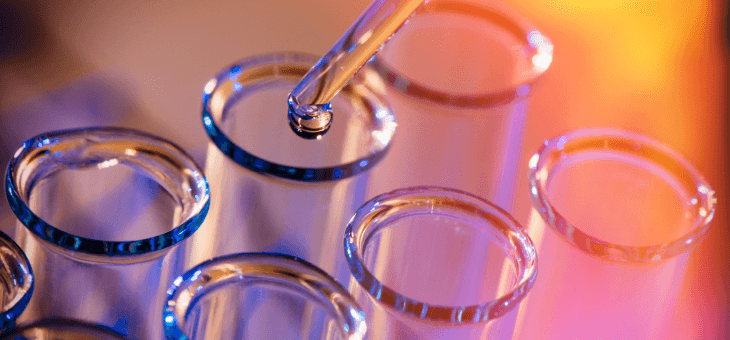A free, DNA-based saliva test that can determine your risk of cancer and heart disease has been developed by Australian researchers.
Australians will hopefully soon be able to get free screening for certain cancers and heart conditions through the public healthcare system.
DNA Screen is the world’s first preventative DNA screening test developed for use population-wide.
The tests were developed at Monash University, with funding from the federal government’s Genomics Health Futures Mission.
Read: Should you be worried if your hands and feet are cold all the time?
The test involves placing a saliva sample into a small tube, then posting it to the lab to be analysed for biomarkers linked to a number of cancers including colon, breast, prostate and gastrointestinal cancers.
The DNA test will also assess a person’s risk of heart disease, by focusing on familial hypercholesterolemia (FH), also known as ‘genetic high cholesterol’. High FH can elevate your heart attack risk, even from a young age.
There are a number of medications available that can lower FH, but it’s estimated around 95 per cent of cases are currently undiagnosed.
Read: Aussie scientists uncover new disease-busting proteins
Those identified as being at a higher risk (around 1.3 per cent) will have their situation explained to them by experts and will be offered genetic counselling. They’ll also be offered any appropriate prevention methods, such as regular scans and check-ups.
The DNA tests are undergoing a trial in people aged 18 to 40, and if successful the team hopes to roll out the tests to Australians of all ages.
Most of these conditions can be prevented, or at least treated, if detected early enough, so the aim is to make screening as widespread as possible.
Until now, genetic testing for increased disease risk has only been available on a small scale for those with a known family history or previous diagnosis. The research team says mass testing on a population-wide scale has the potential to drastically improve access and maximise the overall preventative benefits of DNA testing.
Read: Research finds fish oil can fight superbugs
“For some people, this could save their lives through early detection and prevention of cancer and heart disease,” says Associate Professor Paul Lacaze, leader of the project.
“Providing genetic testing based on family history alone is not enough. Up to 90 per cent of those at high risk in the general population are not identified by current family history-based testing,” he said.
“Most people don’t find out about their genetic risk until it’s too late, like after an incurable cancer or heart attack is diagnosed. We want to change that.”
Would you get a DNA test to see if you’re at risk? Do you have any privacy concerns about the tests? Let us know in the comments section below.If you enjoy our content, don’t keep it to yourself. Share our free eNews with your friends and encourage them to sign up.

